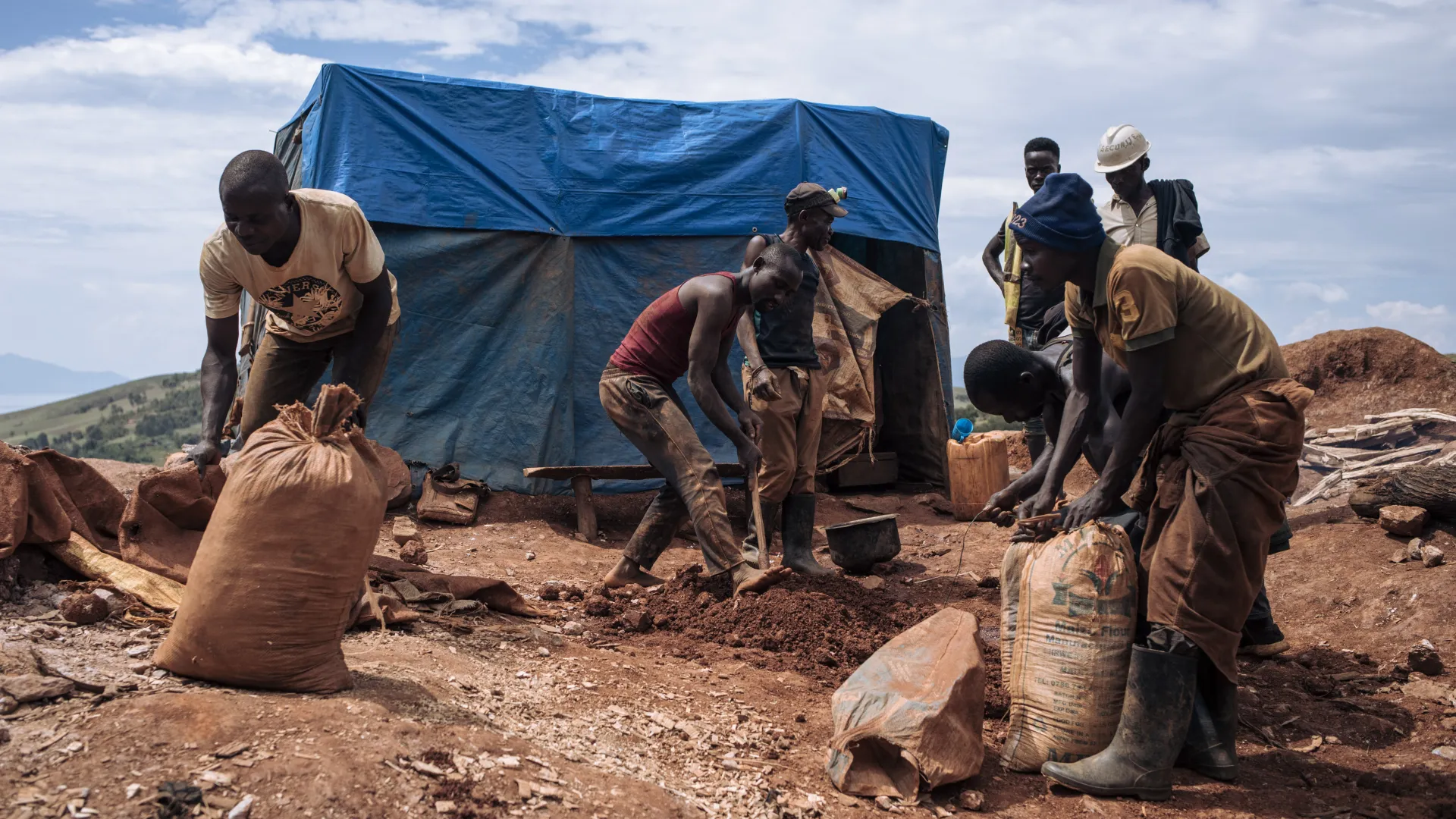
Mining companies in the Democratic Republic of Congo underreported $16.8 billion in revenue between 2018 and 2023, potentially depriving local communities of funding, a state audit has found.
Congo’s 2018 mining code requires operators to pay 0.3% of annual revenue into community development funds for projects such as schools, clinics and water systems.
A June review by the Court of Auditors, seen by Reuters on Oct. 5, found companies declared $81.4 billion to the development funds versus $98.2 billion reported to tax authorities — a discrepancy that translated into $50.4 million in missed community contributions.
The report said CMOC’s TFM, Glencore’s Kamoto Copper Company (KCC), Ivanhoe’s Kamoa-Kakula, SICOMINES, Eurasian Resources Group’s Metalkol and Ruashi Mining collectively underreported about $10 billion.
Glencore said KCC had complied with the mining code, arguing the gap stems from differing interpretations of when the levy took effect. It said its 0.3% payments were based on half-year revenues and validated by auditors and the local development agency. CMOC, SICOMINES, Ivanhoe, Eurasian and Ruashi did not respond to requests for comment.
“Practically, 70% of the companies did not respect this regulation … and it’s an enormous loss of earnings for the Congolese state,” Attorney General Jean Chris Mubanga Musuyu said in response to questions about the findings.
The Court of Auditors recommended suspending non-compliant firms, pursuing prosecutions, ordering revenue audits and tightening oversight.
Congo, a leading producer of copper and cobalt used in batteries, remains among the world’s poorest countries, with average annual income around $580. Fighting with Rwanda-backed M23 rebels in the east has killed thousands this year and displaced hundreds of thousands.
Civil society groups pushed for the 0.3% levy to send money directly to mining communities and bypass the central bureaucracy. “The idea was to see how we can turn mining into a tool for uplift, not just extraction,” said Emmanuel Umpula Nkumba of Lubumbashi-based AFREWATCH. “If this is well managed, it will improve lives on the ground.”
